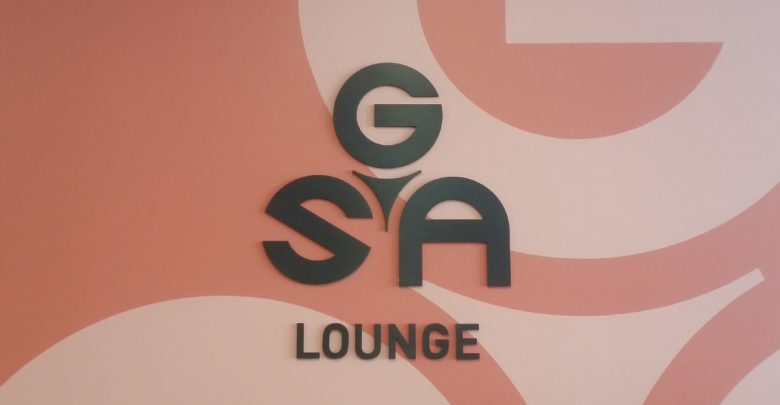Graduate students vote down agreement for zero per cent wage increases
 Richard Bagan
Richard BaganThe Graduate Students’ Association (GSA) failed to pass a labour agreement with the university that would’ve meant a zero per cent increase in wages for graduate student staff.
The GSA presented their wage increase agreement to graduate student staff, which outlined a zero per cent wage increase until September 2020, following 14 months of negotiations between the university and the GSA. This agreement would decide the wages of graduate students who work for the university between September 2018 to September 2020. Since graduate students voted no to the agreement on January 25, the university and the GSA will now meet to decide how to proceed.
A total of 285 votes were cast in the vote to ratify the agreement, with 132 in favour, 143 against and 10 votes abstaining.
The opening position of the GSA was a 2.5 per cent wage increase each year said Beth Richardson, GSA vice-president labour. The bargaining unit comprises approximately 3,500 graduate students who work for the university, including teaching assistants, research assistants and graduate research assistant fellows. The negotiating position was decided with input from graduate students from various organizations, including the Labour Relations Committee of the GSA, and through a town hall. Students also voted on the opening position, which passed overwhelmingly, Richardson said.
After 14 months of negotiations, the GSA was advised to take the final agreement, which was a zero per cent increase to graduate student workers wages until September 1, 2020, to a vote to ratify it, Richardson said. However, that vote failed, and the agreement was not ratified.
Days before the vote, the agreement was criticized in a Facebook post by Student Worker Action Group, a grassroots labour group. Molly Swain, a PhD student in the faculty of native studies and Rob Jackson, a PhD student in the department of English and film studies, thought that the agreement wasn’t good enough.
“We both felt pretty strongly that this wasn’t a good deal,” Swain said. “That the negotiating team could have gotten a better deal and that, frankly, this isn’t good enough.”
Negotiations with the university began in late 2017 and early 2018. As the negotiations continued, students were kept informed about the updates, Richardson said.
“We updated the bargaining unit every time there was new information and just generally kept people aware of what was going on, where the negotiations were going,” she said.
Information about the process was also shared at the Graduate Students’ Council, made up of graduate students from each department, councillors at large and directly elected officers.
In November, the GSA sent out an email asking especially about the zero per cent increase to hear student’s concerns. Richardson said they received a dozen responses, and after responding to them, the GSA received no follow up questions from students.
Jackson and Swain from the Student Worker Action Group said their problem is mostly with the university, and what this agreement says about how they view graduate students working for the university.
“It really is just insulting, a zero per cent increase,” Swain said.
In an email comment, Michelle Strong, the university’s director of faculty and staff relations said “[their] goal is to reach a fair, equitable, responsible and sustainable outcome,” and that “the university will be meeting with the GSA in the near future to discuss how both parties wish to proceed.”
Strong added that going back to negotiations is one of the options available.
The GSA will be holding a town hall in the near future to discuss the agreement, and Richardson said she will continue to engage with anyone who wants information.
Swain added that mobilizing students and asking them what their concerns are is the most effective way to get information about what their concerns are.
“I’m really looking forward to have the opportunity to discuss these things, publically and collectively with people to decide what we want to do next, decide what our issues are and how we want to resolve them,” she said.
With files from Nathan Fung.




